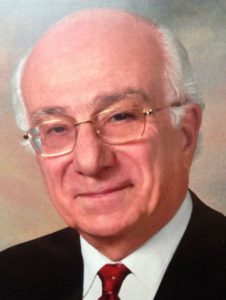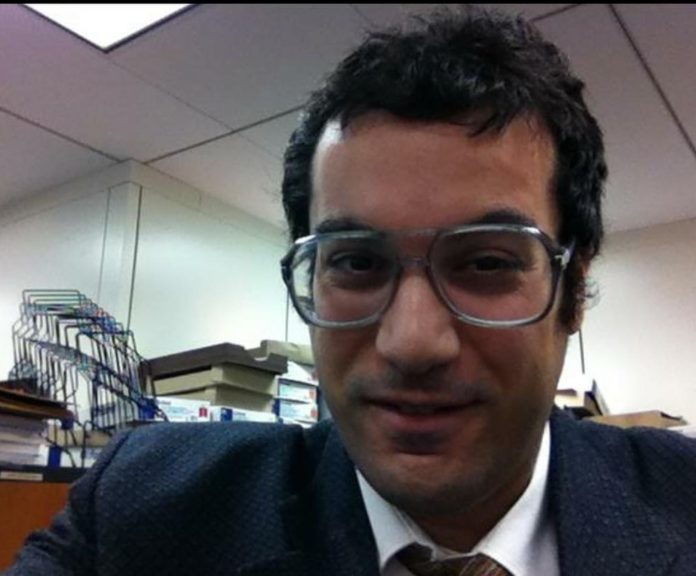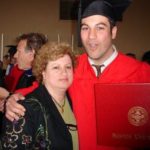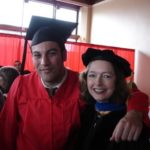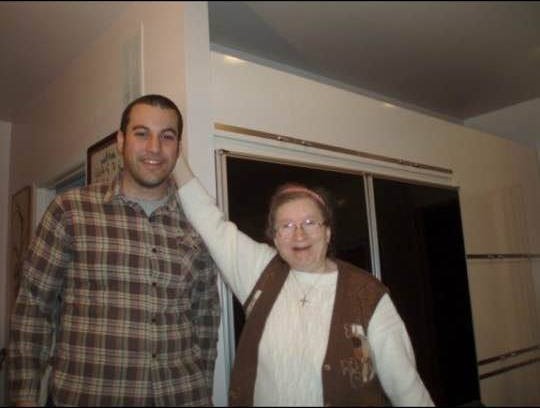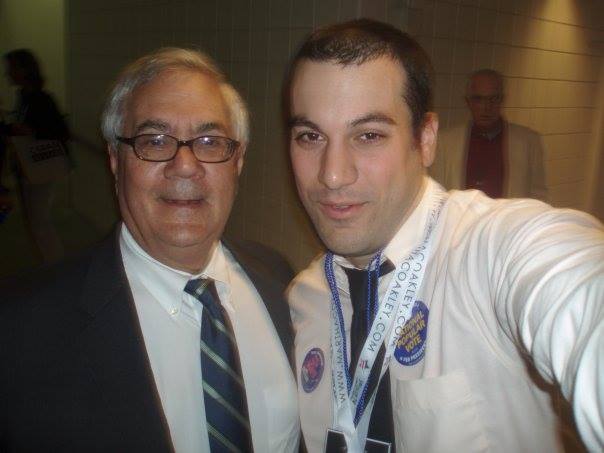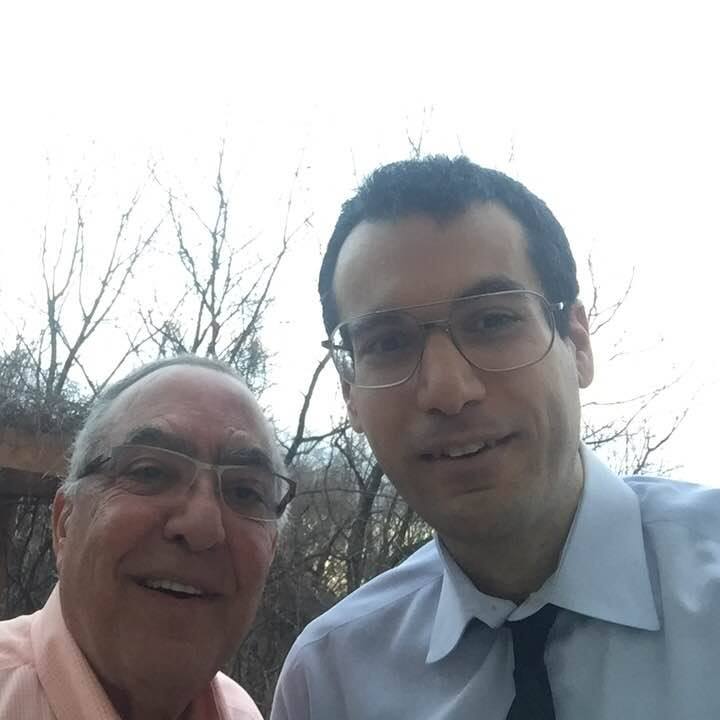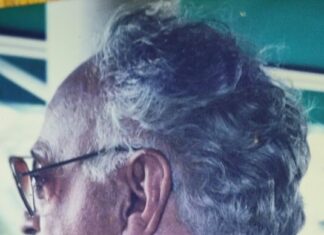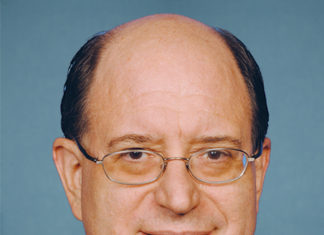BRIGHTON, Mass. –There is a stereotype that most Armenians go into careers for the money and personal advancement, but this is belied by the plethora of Armenians in the arts and academia. There are also some Armenians who follow their own piper and work for the realization of ideals such as human rights or civil rights. Ari Shahe Wartanian is one such individual. Two years ago, as a 36-year-old, he founded the organization Change for Progress, which primarily strives to improve voting rights in the United States, but he started working for civil rights many years earlier in his college days.
Education and Military
Wartanian traversed a long and complicated career path, learning not only through formal education but a variety of jobs in different fields. Born in the United States of parents from Lebanon, Wartanian studied political science and history at Boston University. He said when he started college he was totally focused on rowing crew the first two years, from 2000 to 2002, “but crew was not taking me where I wanted to go.” However, perhaps as foreshadowing his future focus, he did work four months as a field organizer for the Fund for Public Interest in 2000, and later, in 2002, for three months as an assistant field manager and campaign coordinator, supporting energy efficiency and renewable energy.
One day, Wartanian went to an army recruiting station where he saw a poster of a guy jumping out of an airplane. That triggered something in him. Wartanian said that he asked whether he could do that, and they promised that if he signed up they would get him to Airborne School. “So I got to jump out of planes with the 18th Airborne Corps when I was in the military, which was really cool. I did my five jumps and got my Airborne wings,” Wartanian exclaimed.
He went through what is called One Station Unit Training at Fort Sill, Oklahoma, and learned to work as part of a four-man cannon crew as part of a larger team, but afterwards, when he was sent to Fort Benning, Georgia, in March 2003, the Iraq War broke out. He worked the telephones to patch through morale calls to soldiers from their loved ones, as well as working checkpoints to protect the base and shipping care packages overseas to troops.
After his two years of active service was completed, Wartanian came back to Boston University to complete his education. The G.I. Bill helped with his tuition and expenses while he remained part of the Individual Ready Reserve for six years.
